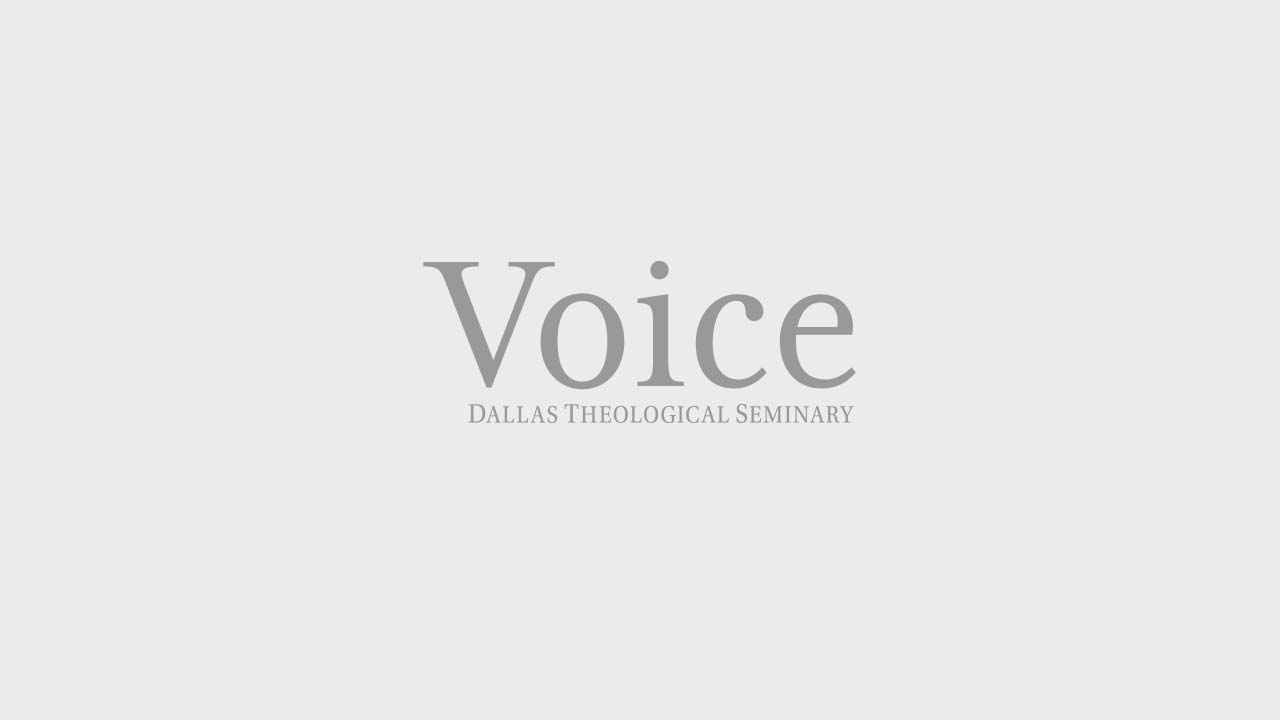The Mosaic Covenant: Ten Words – Cultus
Bruce Waltke analyzes the Ten Commandments and the cultus of the Law of Moses.
Introduction to Law and the Ten Commandments
- Importance of the Ten Commandments and their relationship to the New Covenant
- The role of the Holy Spirit in living out the commandments
Exposition on the Ten Commandments
- Discussion on Exodus 20: God's direct speech and significance
- Historical context: God's act of grace in delivering Israel
- Examination of the rationale behind certain commandments (first four)
- Absence of rationale for social commandments (last six)
- Common grace and ancient Near Eastern law similarities in social commandments
Detailed Analysis of Specific Commandments
- First Commandment: Worship of only one God, the uniqueness of monotheism
- Other gods: theological statement vs. religious command
- Second Commandment: Proscription against idolatry and its implications
- Interpretation regarding art and images in religion
- Old Testament examples of art in worship
- Third Commandment: Taking God's name in vain
- Misuse of God’s name in speech, worship, and actions
- Application in the church and society
- Fourth Commandment: Sabbath observance
- Purpose for humans and animals
- Different theological rationales in Exodus and Deuteronomy
- Application to modern-day Christian practice
Human-to-Human Commandments
- Honor Parents: Meaning of "honor" (esteem, care)
- Proscription Against Murder: Definition of "innocent life"
- Differentiation between intentional and unintentional killing
- Proscription Against Adultery: Specific focus on marital infidelity
- Polygamy in the Old Testament vs. modern interpretation
- Proscription Against Stealing: Protection of property and people
- Proscription Against False Witness: Protection of reputations, integrity in court
- Final Commandment: Prohibition of coveting
- Focus on internal desires and the heart
Discussion on Law's Application
- Christian perspective on law: fulfilling, but not under legal obligation
- The principle of bestowing rights on others (life, home, property, reputation)
- Addressing coveting as an internal heart issue
Questions and Clarifications
- Specific discussions on the technicalities of commandments (e.g., adultery, polygamy)
- The patriarchal context of the commandments and their broader application
Transition to Cult and Worship in Israel
- Overview of the external expressions of Israel's religion (cult)
- Sacred sites, objects, seasons, and personnel in Israelite worship
- Importance of ritual, symbolism, and artistic representation in worship
- David’s contribution to worship through music, poetry, and staging
Closing Remarks
- Acknowledgment of upcoming topics: sacrifices and violations of God's presence
*The above summary is AI-generated, so discrepancies may exist. Please refer to the audio or video file to verify accuracy.

